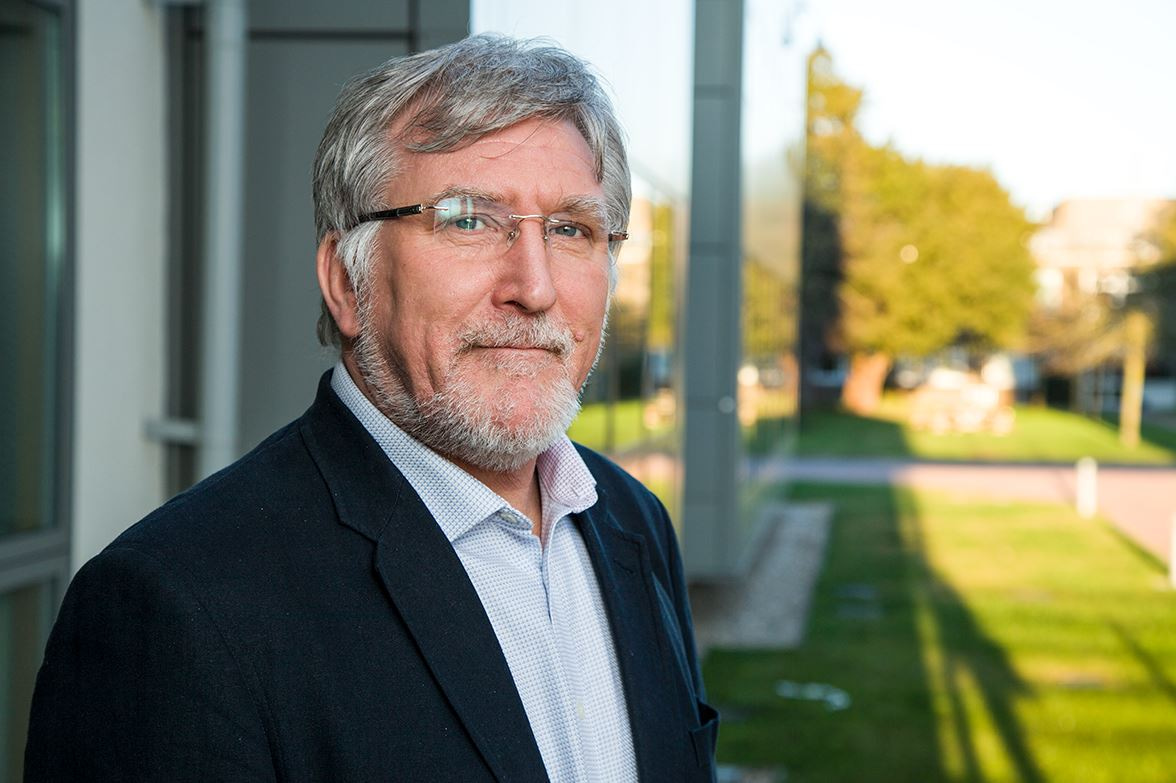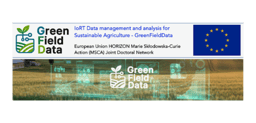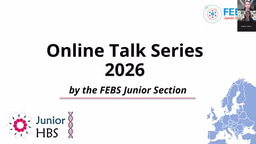Visions: Michael Wakelam, Director of the Babraham Institute, UK

Editorial note added 8 April 2020: FEBS was very sad to learn of the death of Professor Michael Wakelam on 31 March 2020 from a suspected COVID-19 infection. This FEBS Network post about the Babraham Institute from Prof. Wakelam was kindly contributed last year in our series featuring the aims and approaches of European research institutes through the eyes of their Directors. Prof. Wakelam was also due to speak in the lipidomics symposium at the 45th FEBS Congress in Ljubljana. For the statement on the Babraham Institute website announcing his death, see https://www.babraham.ac.uk/news/2020/04/michael-wakelam-1955-2020
Original post:

I’ve been in the privileged position of being Director of the Babraham Institute since 2007. Casting my mind back over those twelve years highlights some fundamentals: values at the heart of the Institute that are unchanged such as our commitment to undertaking and supporting the very best research, working with others to achieve maximum impact from our work and nurturing researchers to achieve their full potential. At the same time, there has been a lot of change, not least on work done to embed those core values across and beyond the Institute.
I’m thinking particularly of the progress we have made in recent years towards creating an environment that doesn’t treat Institute staff as identikit-employees. If you asked me to summarise the Babraham approach to achieving excellence in four words, I’d say: start with the individual.
Equal opportunities – our beginning, our present and our future
For the best science, you need the best people able to do their best, not only in advancing research but also in the wider underpinning functions of research support, from procurement and engineering to research management and administration roles. Our work towards ensuring equality of opportunities for everyone has focused our thinking and revolutionised our approach. This stems from preparing our first application to the Athena SWAN Charter and subsequently being awarded our first silver award in 2014 in recognition of our commitment to advancing women’s careers in research.
Rather than expecting everyone to adapt to the environment, our approach has turned on its head and as much as possible we provide and invest in ways that allow a spectrum of options to overcome the barriers that prevent people from achieving their best. These encompass flexible working, job shares, formal mentoring, an awareness of the impact of unconscious bias, open-mindedness in considering innovative solutions, provision of excellent childcare on-site and investment in training. We established our internal Equality4Success programme led by a dedicated programme manager to ensure that we continue to move forward. Our equality and diversity approach has expanded from considering issues mainly affecting female research staff to addressing issues that prevent anyone within our organisation from flourishing. We have just received our second silver Athena SWAN award in recognition of the way we work to embed equality and support staff from across the whole organisation.
Since 2014 we have widened our influence in this area. We are a partner on a Horizon 2020 EC funded project LIBRA – leading innovative measures to achieve gender balance in research activities, addressing not only the gender balance of our personnel but also aiming for gender equality of research outcomes through consideration of the sex of animals and cell lines used in research. The Institute has very recently become a member of the Equality, Diversity and Inclusion in Science and Health (EDIS) coalition and joined the Stonewall Diversity Champions programme. These partnerships will ensure that we learn from others, continue to develop how we support equality, diversity and inclusion, and support coordinated and sustained activity across sectors. As an organisation, we still have some distance to go. The data from our most recent round of staff consultations, sampling a quarter of our 300+ staff, will ensure that we’re alert to issues and responsive in order to address these where possible.
From the individual to achieving excellence as a whole
In my view institutes can bring out the best in researchers and create a research environment characterised by excellence through fostering an open outlook. As a research institute undertaking fundamental life science research, we strive to secure wider impact from our work. This is achieved in part by working with commercial companies and by engaging non-specialists with the relevance of our work to policy, the global grand challenge of ageing and with our research in innovative ways. Through support structures for funding early-stage commercialisation projects, exploring how we can open up research through responsible research and innovation, partnerships to feed the Institute’s expertise into policy making and public engagement projects such as an immersive science–art collaboration interpreting the Institute’s data via music and virtual reality, we encourage our researchers to think beyond the lab.
Another important element is recognising the opportunities to learn from our peers and those ahead of us. Within the Institute, we provide a mentoring scheme for our PhD students and postdocs and the ‘My Life in Science’ seminars organised as part of our Equality4Success programme provide the opportunity to hear from successful research leaders and those in a variety of fields about their career and life experiences. We practice this philosophy on an Institute-wide scale through our partnership in EU-LIFE, an alliance of 13 life science organisations committed to sharing good practice to promote excellence in research.
Attracting expertise
When recruiting new group leaders, we look for indicators of research excellence and a creative approach to defining important questions and ways to solve them. Equally important is that alongside contributing to research excellence and impact, potential group leaders must demonstrate qualities that align with the Institute’s culture, including our commitments to openness, development of individuals and teams, respect, and equality.
We’re in a phase of group leader recruitment at the moment which is an exciting time for the Institute. We’ve recently appointed three new group leaders in our immunology programme and will soon recruit into both our epigenetics and signalling research programmes. These appointments build upon the Institute’s existing expertise whilst bringing new ideas and approaches and will be instrumental in shaping the future direction of the Institute’s research and the impacts we’re aiming to achieve.
Excellent science needs excellent facilities
The Institute’s fundamental life science research aims to uncover the biological mechanisms of how our bodies work with a particular interest in what changes as we age. Our approach combines immunology, epigenetics and cell signalling from the earliest stages of development throughout the human lifespan. Underpinning our research activities are our state-of-the-art scientific facilities. Our nine facilities, developed with significant investment from BBSRC (now part of UK Research and Innovation), are key elements of our research quality with the leadership of several of the facilities creating impact within their fields by delivering training or sharing good practice.
I define success as guiding the Institute to work cohesively towards a shared vision, recognising that this relies upon the valuable contribution of many individuals from all areas of the organisation. This process is made up of many individual successes: a creative idea, an interesting result, a paper published, a child engaged, a story well told, an issue raised. Playing a role in that, as an active researcher, as a Director, as an Institute representative at a public event, continues to be hugely satisfying.
Related resources:
Laura Norton’s presentation for the symposium '50 years of Molecular Life Sciences with FEBS Letters': Working towards gender equality in academic science https://network.febs.org/users/62406-febs-letters/videos/37516-laura-nortonv2-1
Video: Helping to Turn Back the Ageing Clock This video explores how the Institute’s research aims to support healthy ageing, helping more of us to avoid chronic diseases and to stay healthy and active as we get older. It features interviews with Professor Michael Wakelam, Institute Director; Dr Michelle Linterman, a group leader at the Institute; and Professor Jackie Hunter, Director at Benevolent AI.





Join the FEBS Network today
Joining the FEBS Network’s molecular life sciences community enables you to access special content on the site, present your profile, 'follow' contributors, 'comment' on and 'like' content, post your own content, and set up a tailored email digest for updates.